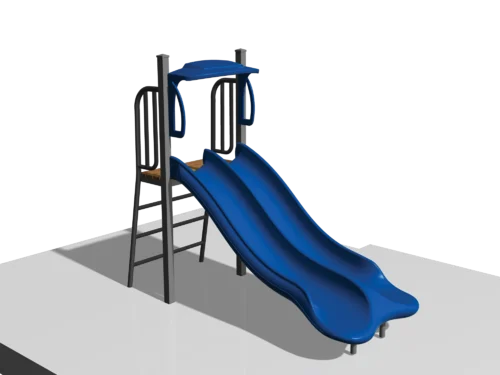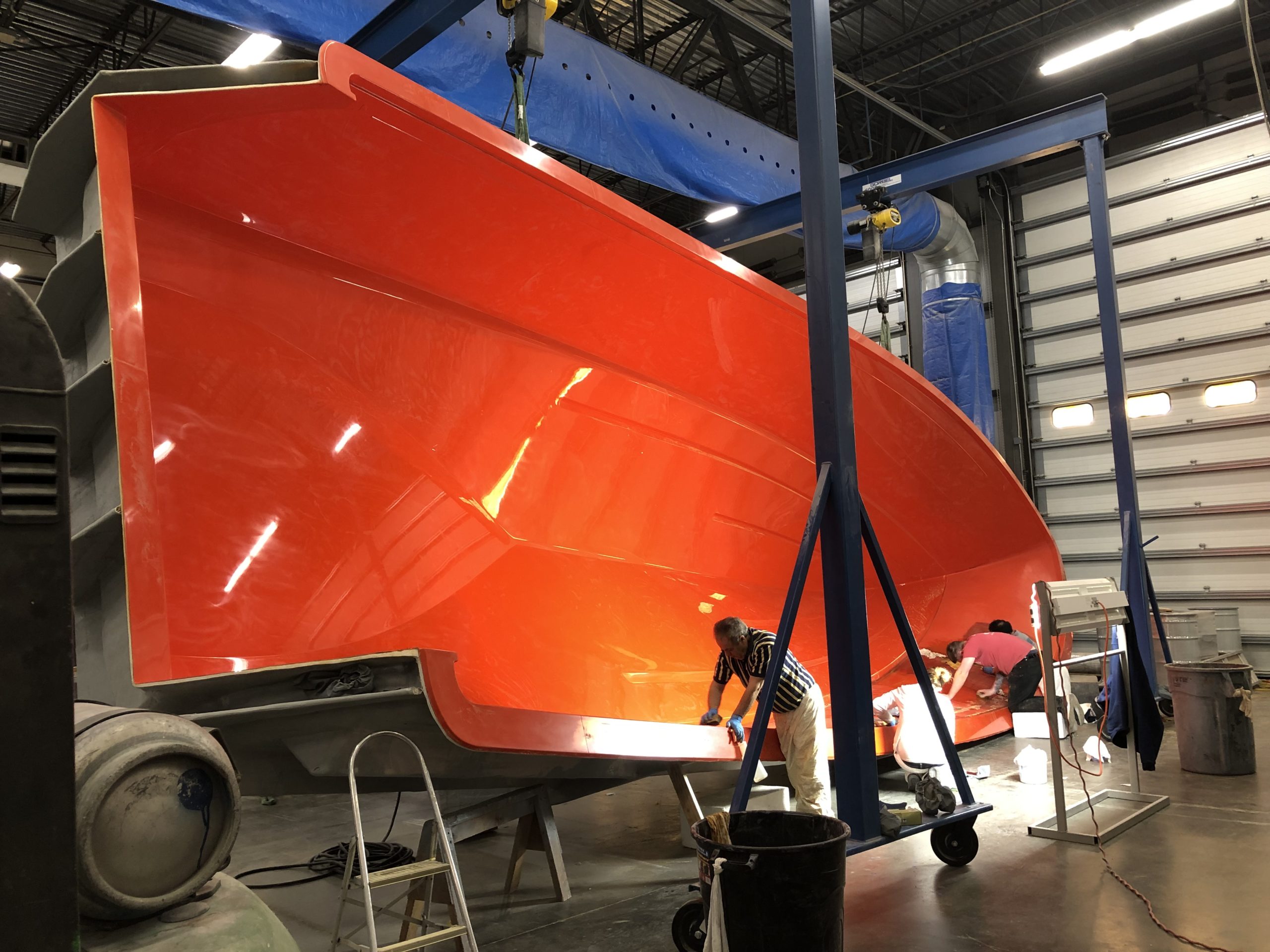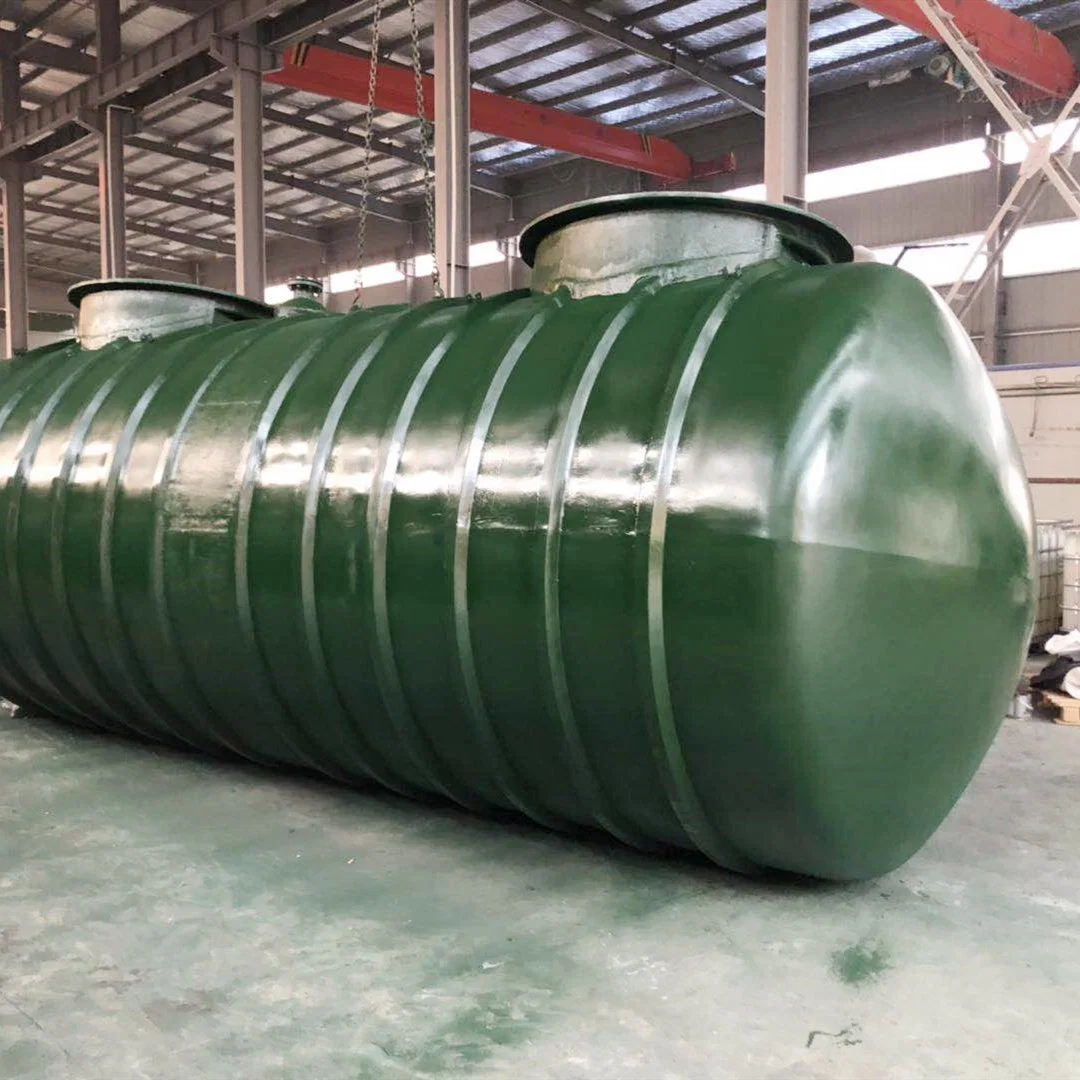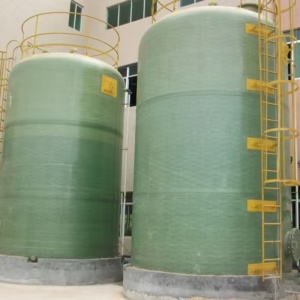Description
Product Features & Benefits
ISO Resin is a medium viscosity, medium reactive polyester resin based on Isophthalic acid and superior glycols. It exhibits good mechanical and electrical properties together with good chemical resistance compared to general-purpose resins.
ISO rapidly wets the surface of glass fiber in the form of cloth mat or chopped fiber to produce laminates and moldings. Its superior chemicals resistance towards most mineral and organic acids, solvents and oils make an ideal choice for making glass reinforced chemical process equipment, storage tanks, tankers, ducting, hoods etc. for handling chemicals at ambient temperature. Moulds, boats, and bathtubs etc can also be made
Typical Applications
- Chemical Tanks/Pipelines
- Fume extractor
- Duct
- Hood
- Chemical equipment
- Tanker
- Boat
Physical data in liquid state at 250C# [Confirm to IS 6746-1994 and BS 3532 – 1990]
| PROPERTIES |
UNITS |
VALUES |
TEST METHOD |
| Appearance |
– |
Pale Yellow |
(TM-01) |
| Specific Gravity |
– |
1.12 ± 0.02 |
(TM-11) |
| Viscosity
• Ford Cup 4 @ 300C
• Brookfield RVT model # |
Seconds
mPa s(cps) |
120 ± 20
650 ± 100 |
(TM-04)
(TM-05) |
| Volatile Content |
% |
38 ± 42 |
(TM-08) |
| Acid Value |
mg-KOH/gm |
15 ± 5 |
(TM-06) |
| Gel time @ 300C |
Minutes
Minutes |
18 – 25*
15 – 20 ω |
(TM-07) |
| Peak Exotherm Temp. |
0C |
140 – 160 |
(TM-07) |
- Using Accelerator, Co (2%) 1 ml, Catalyst, MEKP1.5ml, the gel time, cure time and Peak Exotherm measured.
- Summer ω Winter [TM – Test Method as per ISO-9001-2000-DOC-REV-03]
| PROPERTIES |
UNITS |
VALUES |
TEST STANDARDS |
| a) Barcol Hardness |
BHU |
45 |
ASTM D – 2583 |
| b) Heat Distortion Temp. |
0C |
85 ± 5 |
ISO – R75 |
| c) Specific Gravity |
– |
1.20 ± 0.02 |
ISO – R1183 |
| d) Volume Shrinkage on cure |
% |
7 – 8 |
ISO – 3521 |
| e) Tensile Strength |
N/sq.mm |
65 ± 10 |
ISO – R 527 |
| f) Tensile Modulus |
N/sq.mm |
3500 ± 100 |
ISO – R 527 |
| g) Elongation at break |
% |
2.0 – 3.0 |
ISO – R 527 |
| h) Flexural Strength |
N/sq.mm |
130 ± 10 |
ISO – 178 |
| i) Flexural Modulus |
N/sq.mm |
3500 ± 100 |
ISO – 178 |
Usage
Chemical Resistance
Unreinforced castings show a commendable degree of resistance to most inorganic and organic acids at ambient temperature, with the exception of strong oxidizing acids. It also resists oils, plasticizers and inorganic salt solutions. Strong acids and alkalis attack For specific application please contact our technical services department. In boiling water orthophthalate resin showed signs of disintegration within 40 hours, whereas showed no disintegration even after 60 hours. In 10% sulfuric acid and 5% aqueous caustic soda showed much superior resistance compared to general-purpose orthophthalate resin. In the latter reagent specimens of orthophthalate resin disintegrated within an hour.
Test Oata :-
[Exposed the Plain Cast Resin (Post Cured) Samples as per Standard ASTM C-581 / ISO R62 & ISO R75 to Fluid and Tested at 28 Days at 25°C]
| EXPOSED SOLVENTS |
UNITS |
STANDARDS |
RESULTS |
| Distilled Water |
mglT.S |
ISO R62 |
Max 80 |
| N-Heptane |
mglT.S |
ISO R75 |
20 – 30 |
| N-Heptane/O-Xylene (60/40) |
mglT.S |
ISO R75 |
20 – 60 |
Note: T.S- Test sample as per standard
Post Curing
It is recommended to mature the products for 24 hours and post curing should be done for minimum of five hours at 800C, or 2-3 weeks at room temperature. This is essential for getting the optimum properties.
Storage / Handling
The polyester resin remains stable for 3 months at 300C in the dark and 4 months at 250C. The resin stability deteriorates markedly at elevated temperature, especially when exposed to direct sunlight. ISO Resin has a flash point of 340C and is classified as flammable. “NO SMOKING ” rules should be strictly followed. In case of spillage, use sand or earth to absorb and shovel off for disposal as per local regulations, In case of fire, use dry chemical foam, Carbon dioxide or water spray to extinguish the flame.
Packing
The Polyester resin is packed in HDPE carboys ( 30 & 35 kgs ) and epoxy coated steel drums HDPE barrels
(225 kgs) of standard size net weight. Special packing size offered for projects on returnable containers. Technical services are also provided to comply standards.
Health & Safety
Never add metal salts (Accelerator) or Pre Acceleratorated resin to Peroxides when adding peroxides to a resin solution, mix thoroughly the resulting product Do not add organic peroxides to a hot diluents or process. Prevent contamination of Accelerator, promoter from materials like ( Iron Copper, Cobalt ) salts, storing acids and sanding dusts. Suggested containers are glass, polypropylene, Teflon, Poly-ethylene or stainless steel to prevent contamination of material during its handling.







